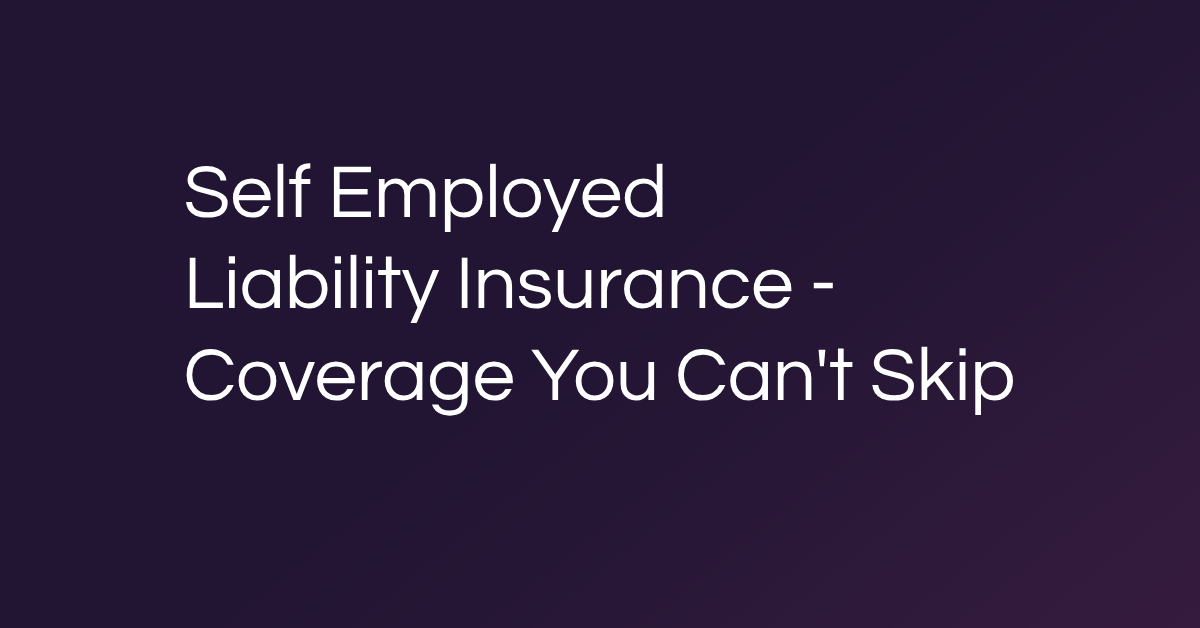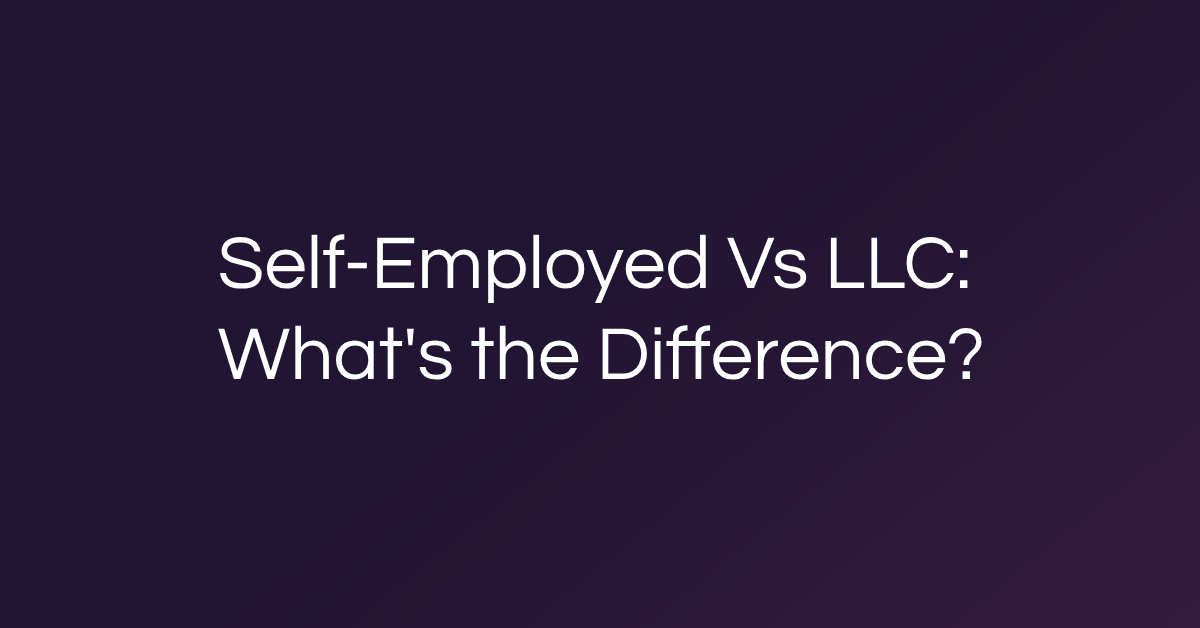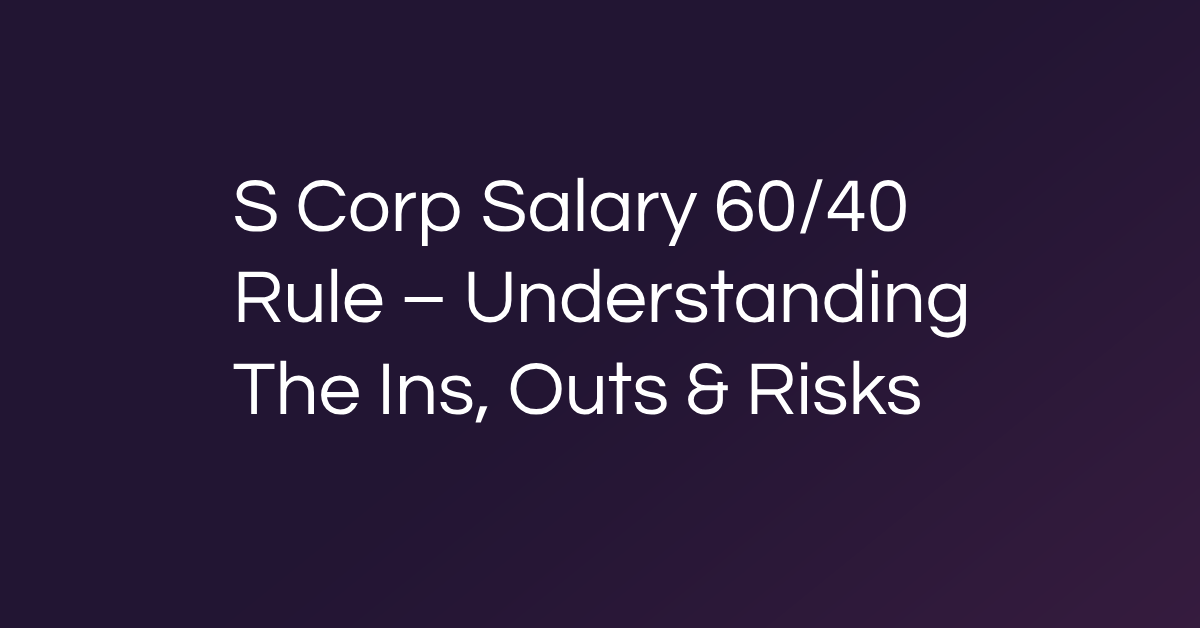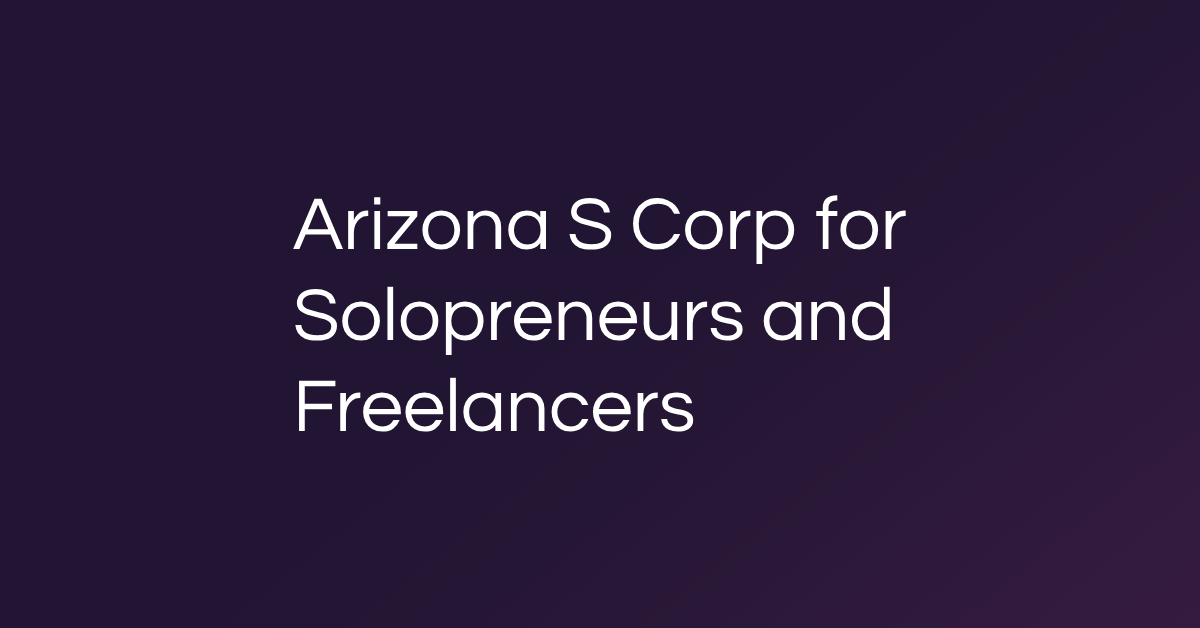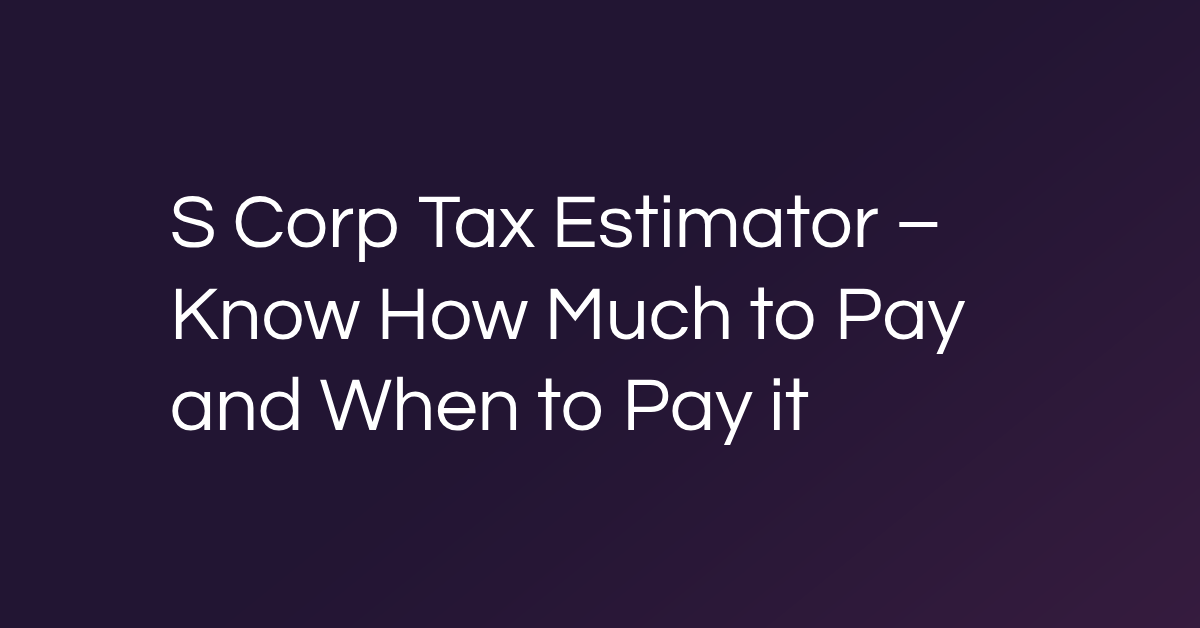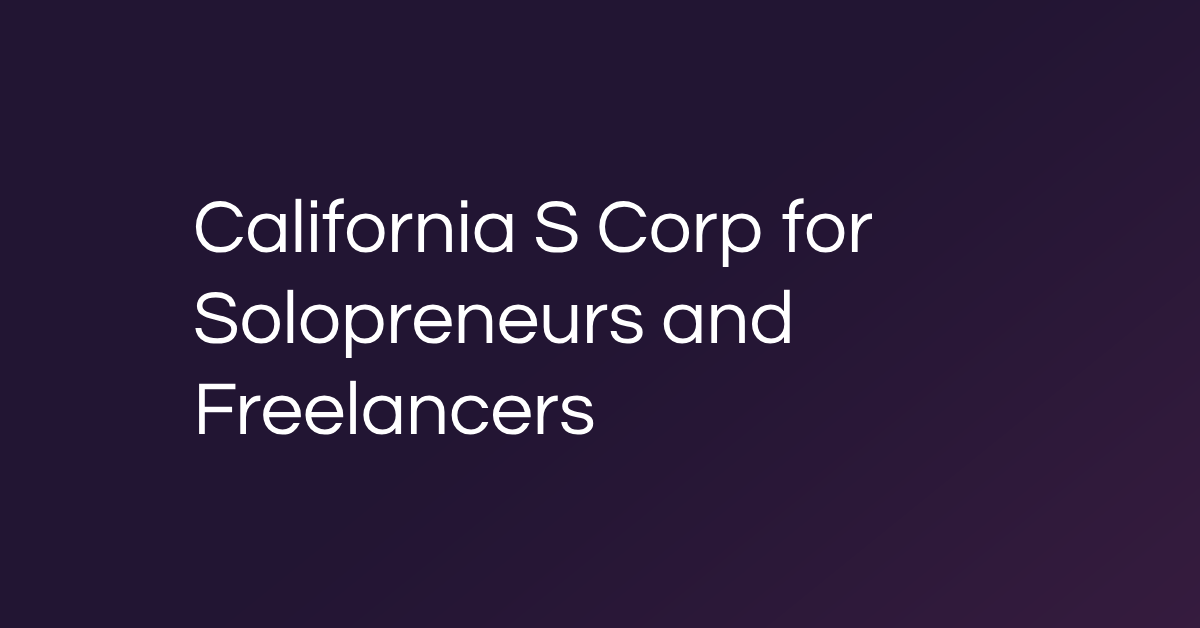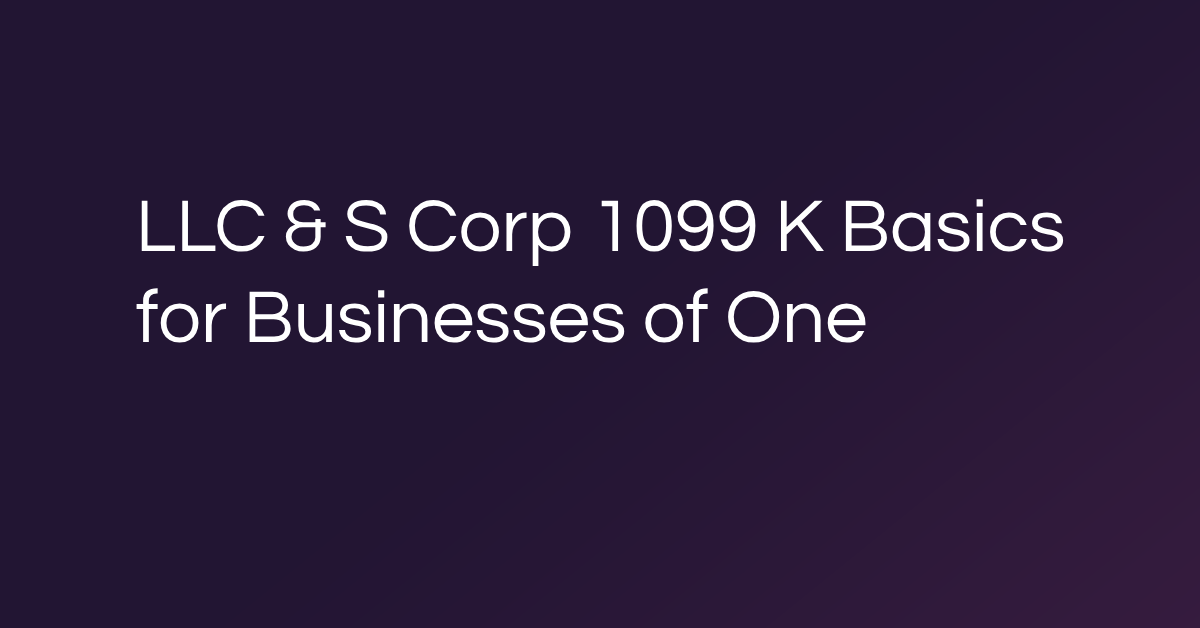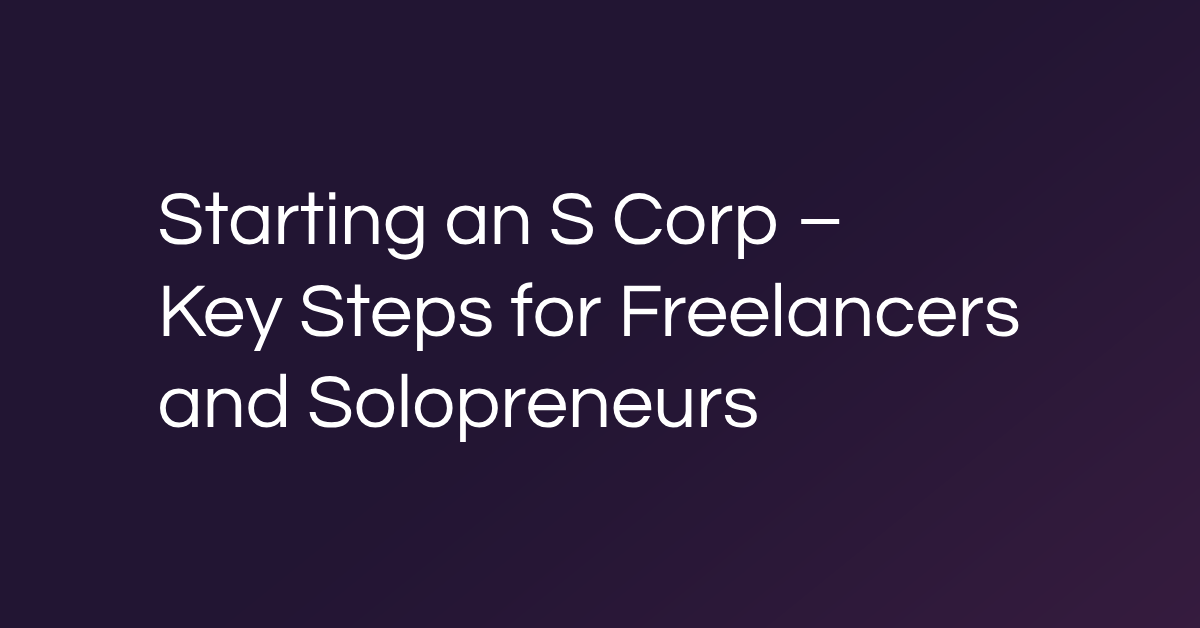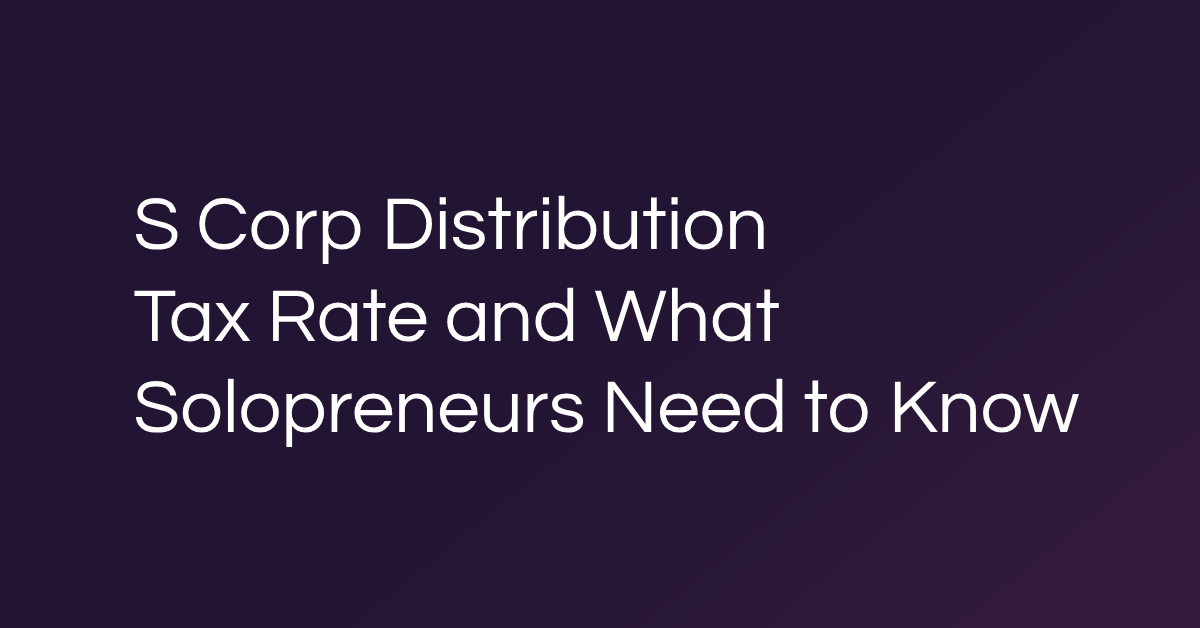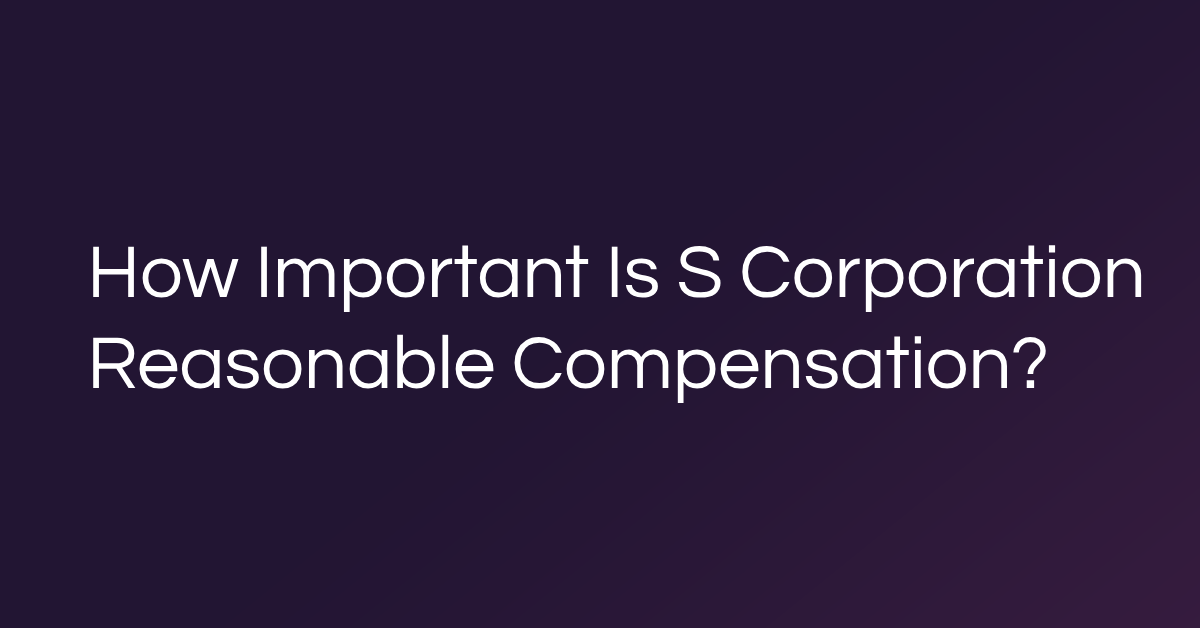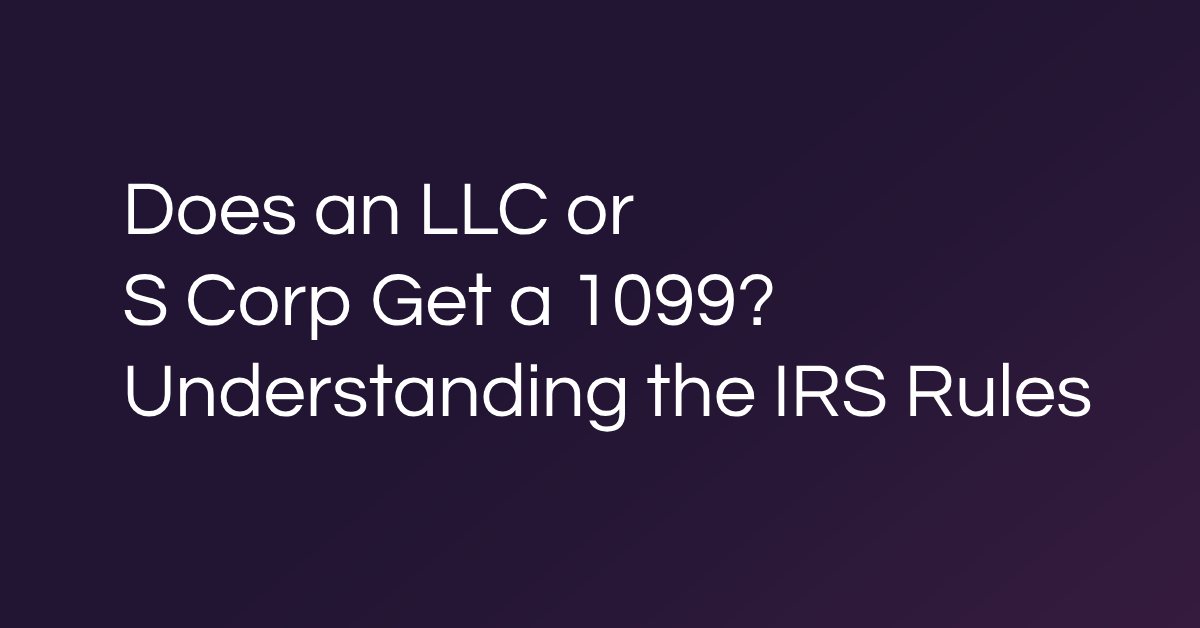You’ve made the leap—or you’re getting close. Whether you’re freelancing part-time or running a growing solo business, protecting your work with insurance is a smart move. A solid self-employed liability insurance policy covers the unexpected while showing clients you take your business seriously.
For solo professionals handling contracts, delivering services, or managing client data, this kind of coverage shouldn’t be viewed isn’t optional. It’s essential if you want to check all the boxes.
Besolo has partnered with Vouch to make finding trusted coverage easy – become a member to access discounts. Learn what liability insurance does, which types you might need, and how your business structure affects your risk.
What is liability insurance for self-employed professionals?
Liability insurance protects self-employed individuals from the unexpected—accidents, lawsuits, or client disputes that could otherwise derail your business. Unlike personal insurance, it covers professional activities and business-related risks. Many client contracts, vendor agreements, or commercial leases require it.
For anyone working independently, it’s a safeguard that helps protect your income and reputation while signaling professionalism and preparedness.
Types of liability insurance solos should consider
Insurance may seem like a formality—until something goes wrong. Whether you offer services, sell products, or manage client data, having the right policy can protect your business from risks that personal insurance doesn’t cover.
General liability insurance
This broad policy protects against third-party bodily injury, property damage, and personal injury claims. If a client slips in your workspace or you accidentally damage their property, general liability helps cover those costs.
Professional liability insurance (errors & omissions)
This policy protects you against claims of negligence, missed deadlines, or inaccurate advice. If a client alleges that your work caused them financial loss—even if the claim is unfounded—professional liability insurance helps cover legal costs, settlements, or judgments.
Product liability insurance
Solo entrepreneurs selling physical goods need protection from claims related to harm caused by their products. Product liability and negligence issues can arise even from small-scale e-commerce or direct-to-consumer brands.
Cyber liability insurance
If your business collects personal data or delivers digital services, cyber coverage can protect you from hacks, breaches, and ransomware. Cyber liability protections have become essential for online-first solopreneurs.
Umbrella policies
These policies extend the limits of your underlying coverage and can be a smart addition as your revenue, risk, or client profile grows.
When do you need liability insurance?
Liability insurance protects solo businesses at critical points of growth and client engagement.
Before signing client contracts
Many businesses won’t finalize a contract without seeing proof of insurance. It protects both parties and shows that you take your business seriously.
- Required by many clients before project kickoff
- Helps you meet indemnity or risk clauses in standard agreements
- Signals professionalism and reduces negotiation friction
When income hits a certain threshold
Growth brings more responsibility—and more potential risk.
- Higher-value contracts carry greater financial exposure
- Mistakes or delays can have larger consequences
- Insurance helps you scale with confidence
After switching from hobbyist to full-time business owner
Treating your business like a business means protecting it like one.
- You’re no longer operating casually or under the radar
- You tie your name and reputation directly to client results
- A liability policy protects your time, earnings, and credibility
How your business structure affects your liability exposure
Your legal entity directly impacts how much personal risk you carry. Choosing the right structure won’t replace liability insurance, but it can contain the fallout if something goes wrong. Here’s how each setup influences your level of protection:
Sole proprietors
If you’re operating as a sole proprietor, there’s no legal separation between you and your business. That means your personal assets could be at risk in a lawsuit or claim. Liability insurance helps protect what your entity cannot.
LLCs
A solo LLC offers more protection than a sole proprietorship by separating personal and business liabilities. But it’s not a total shield, especially if you’re found personally negligent or you don’t maintain clean financial boundaries. That’s why insurance still matters.
S Corps
For high-earning solos, combining an S corporation structure with the right liability coverage offers protection and tax efficiency. It limits personal exposure while optimizing income taxation, especially when paired with payroll and benefits tools.
Besolo’s role
With Self-Employment OS, Besolo helps you form the right structure, access expert-backed tools, and integrate liability insurance into your broader risk strategy. You don’t have to navigate legal, financial, and compliance systems alone.
Real-life examples of why insurance matters
Liability insurance protects you when things don’t go as planned. These scenarios show how a single incident can trigger severe financial exposure—and how coverage steps in when you need it most.
A designer’s contract dispute
A freelance designer completes a rebrand, but the client refuses payment and claims the work wasn’t delivered as agreed. The designer faces legal action and must cover attorney fees. Professional liability insurance provides coverage for contract disputes and protects against alleged negligence.
A tech consultant’s data breach
A solo tech consultant configures a new CRM. During the hired project, a data breach occurs. Sensitive client information is compromised, and the consultant is held responsible. Cyber liability insurance covers investigation, legal, and recovery costs.
A coach’s client injury
A personal coach hosts a group session in a rented studio. One attendee trips on a resistance band and files a claim for medical expenses. General liability insurance helps cover the injury-related costs and shields the coach from personal liability.
These cases reflect everyday risks that solo professionals face. Insurance protects your work, your income, and your peace of mind.
Don’t leave your business exposed
Whether you work with clients in person or online, the risks are real, and liability insurance helps protect both your business and your peace of mind. One claim or dispute can derail your income, especially if your entity structure doesn’t offer full protection. Insurance gives you the confidence to say yes to bigger projects, knowing you’re covered if something goes wrong.
That’s why Besolo partnered with Vouch, an insurance provider explicitly built for modern self-employed businesses. Through this partnership, solopreneurs can access tailored liability coverage that fits how they work, what they earn, and who they serve.
And it doesn’t stop at insurance. Besolo also helps you:
- Form the correct business entity for your goals
- Automate back-office operations like tax, payroll, and compliance
- Integrate liability coverage into a broader risk strategy
You don’t need to navigate insurance, structure, and financial systems alone. Explore Besolo and our partnership with Vouch to get the protection you need to work with clarity, confidence, and control.

